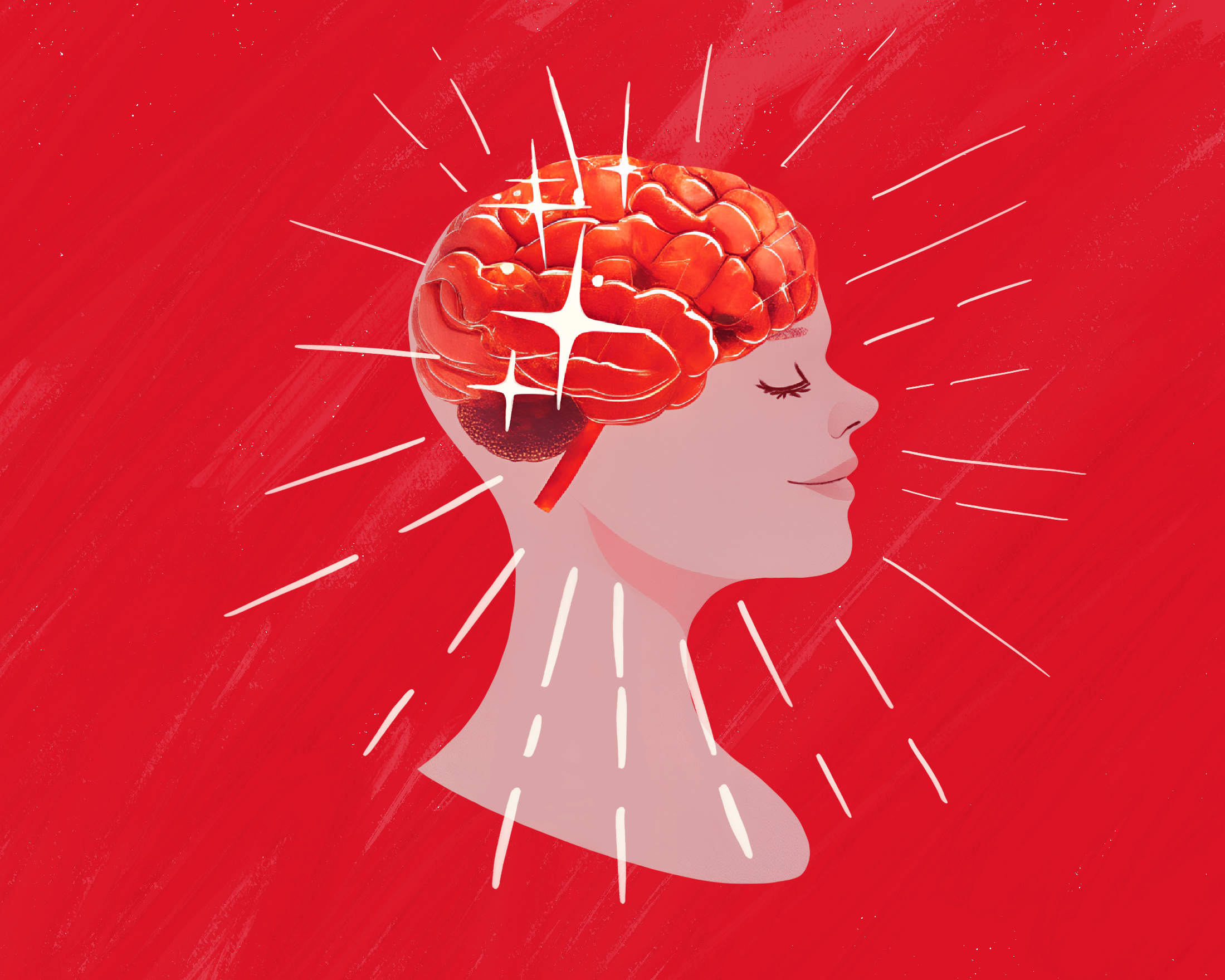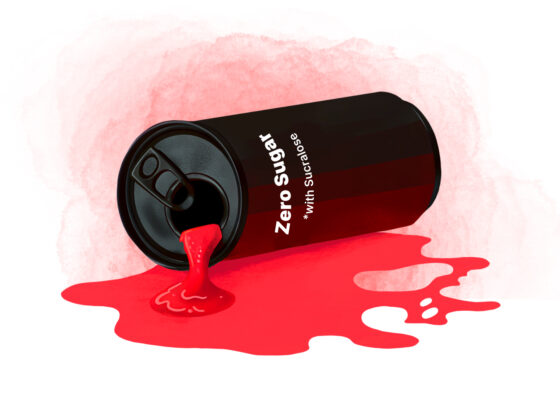Women who survive breast cancer may face a surprising advantage: a lower risk of developing Alzheimer’s disease than their peers without cancer. The cohort study, published in JAMA Network Open, 20 June, found that breast cancer survivors had an 8% lower risk than controls and that the relationship was strongest for breast cancer patients treated with radiation therapy, whose risk was reduced by 23%.
“Breast cancer survivors commonly complain about cognitive decline, known as ‘chemobrain’, after cancer treatment. However, our study suggests that this does not result in an increased long-term risk of Alzheimer’s disease,” Su-Min Jeong, the first author, tells Cancerworld. “Rather than focusing on long-term cognitive decline, to prevent Alzheimer’s disease, patients should focus on managing the other modifiable risk factors, like smoking and diabetes, identified in the study. Our results can be used by clinicians to reassure breast cancer patients concerned about the effects of treatment on their cognitive health.”
Breast cancer survivors often report cancer-related cognitive impairment, such as difficulties with concentration and memory, both during and after cancer treatment. Previous studies exploring the risk of Alzheimer’s disease among breast cancer survivors have produced mixed results. For example, a Swedish study published in Neurol Clin Pract in 2023 comparing 26,741 five-year breast cancer survivors and 249,540 women without cancer found a 35% increased risk of Alzheimer’s disease among those diagnosed with cancer. In contrast, a Taiwanese study published in QJM in 2016 found no increase in the risk of dementia overall in breast cancer survivors compared with cancer-free individuals, but did show a 17% lower risk of dementia among women treated with tamoxifen.
Dong Wook Shin (Sungkyunkwan University, Seoul), Kyungdo Han (Soongsul University, Seoul), and colleagues have established an ongoing cohort study using data from the Korean National Health Insurance Service to evaluate the quality of life of breast cancer survivors. The current publication uses the cohort to investigate the association between Alzheimer’s disease and cancer treatment.
Altogether, a total of 70,701 patients who underwent breast cancer surgery between January 2010 and December 2016, were matched 1:3 with 302,712 cancer-free controls. Information on breast cancer treatment was obtained from claims data within one year of diagnosis. The primary outcome was the incidence of newly diagnosed Alzheimer’s disease which was based on at least one prescription for anti-dementia medications (donepezil, rivastigmine, galantamine, or memantine).
In the study, the mean age of breast cancer survivors was 53.1 years. Overall, 72% received radiotherapy, 57% cyclophosphamide, 50% anthracycline , 47% tamoxifen, and 30% other endocrine therapies.
During a median 7.3 years follow-up, 1,229 Alzheimer’s disease cases were observed among breast cancer survivors versus 3,430 Alzheimer’s disease cases among cancer-free controls. This translated to an incidence rate of 2.45 Alzheimer’s disease cases per 1000 person years for breast cancer survivors versus 2.63 Alzheimer’s disease cases per 1000 person years for cancer-free controls, an 8% lower risk for breast cancer survivors
When risk was analysed according to treatment modality, radiation therapy was associated with a 23% lower risk and anthracyclines a 14% lower risk. No association for Alzheimer’s disease was found with trastuzumab and taxanes. With regard to endocrine therapy, no association was found for treatment with tamoxifen, aromatase inhibitors, or combined tamoxifen/ aromatase inhibitors. The reduced risk for Alzheimer’s disease was no longer significant one year, three and five years later.
Several risk factors were associated with a significantly higher risk for Alzheimer’s disease: current smoking more than doubled the risk, diabetes increased it more than 1.5 fold, and chronic kidney disease more than tripled the risk. Notably, alcohol use, physical activity levels, and hypertension were not found to be associated with risk.
“Breast cancer survivors may have a slightly lower risk of AD [Alzheimer’s disease] compared with cancer-free individuals, potentially influenced by cancer treatments, underscoring the need for further research on long-term neurocognitive outcomes in this population,” conclude the authors.
As the follow-up time increased, the lower risk of Alzheimer’s disease disappeared. “We assume this is because the treatment effect of cancer may diminish over time,” says Jeong. Additional studies with long-term observation periods, she adds, are warranted to examine long-term associations between Alzheimer’s disease risk and breast cancer survival duration.
Why Might This Be Happening?
Cancer treatments, the authors speculate, may be helping to prevent the development of Alzheimer’s disease in different ways. For example, an in vivo study published in Pract Natl Acad Sci in 1995 found that anthracycline treatment significantly reduced the formation of amyloid deposits, suggesting benefits may occur through inhibition of fibril growth and facilitated clearance of amyloid deposits. Another theory is that small amounts of radiation used to treat breast cancer may incidentally reach the brain, slowing Alzheimer’s-related changes. Last year, a systematic review (involving 12 animal studies and four human studies), published in Int J Radiat Oncol Biol Physics, reported that low-dose radiation therapy reduced the number of amyloid plaques and neurofibrillary tangles, and had a role in the regulation of genes and protein expression involved in pathological progression of Alzheimer’s disease. “Phase I/II/III trials are needed to assess the long-term safety, efficacy, and optimal treatment parameters of LDRT [low dose radiotherapy]in AD treatment,” concluded the authors of the review.
Limitations of the current study, the authors acknowledge, include a lack of detailed information about breast cancer stage and the radiation dose and fraction that the patients received. Additionally, the number of Alzheimer’s disease cases could have been underestimated based on the use of ICD-10 codes, and the inclusion criteria of survivors with operable breast cancer may have introduced selection bias (they were likely to be younger, without comorbidities and to have less advanced cancer).
The investigators believe that the lower risk of Alzheimer’s disease among cancer survivors is likely to hold for other types of cancer. Indeed, a Framingham Heart study analysis, published in The BMJ in 2012, found that survivors of any type of cancer had a 33% lower risk of Alzheimer’s disease than age-matched controls without cancer.
CancerWorld Comment
Overall, the study by Dong Wook Shin, Kyungdo Han, and colleagues contributes to the understanding of ‘chemobrain’ in cancer survivors. Clinicians can use the findings of the study as evidence to reassure their patients that chemo and radiotherapy are unlikely to increase their chances of developing Alzheimer’s disease. The study leaves a number of unanswered questions, including whether there will be any overall long-term benefit for patients, given that the magnitude of effect is rapidly reduced with longer survival. Together with other research, the study underscores the need for further investigations into the long-term neurocognitive outcomes of cancer treatments. Additionally, from the Alzheimer’s disease perspective, the study indicates the need for clinical trials to be initiated to investigate the efficacy of low-dose radiotherapy in early disease.











